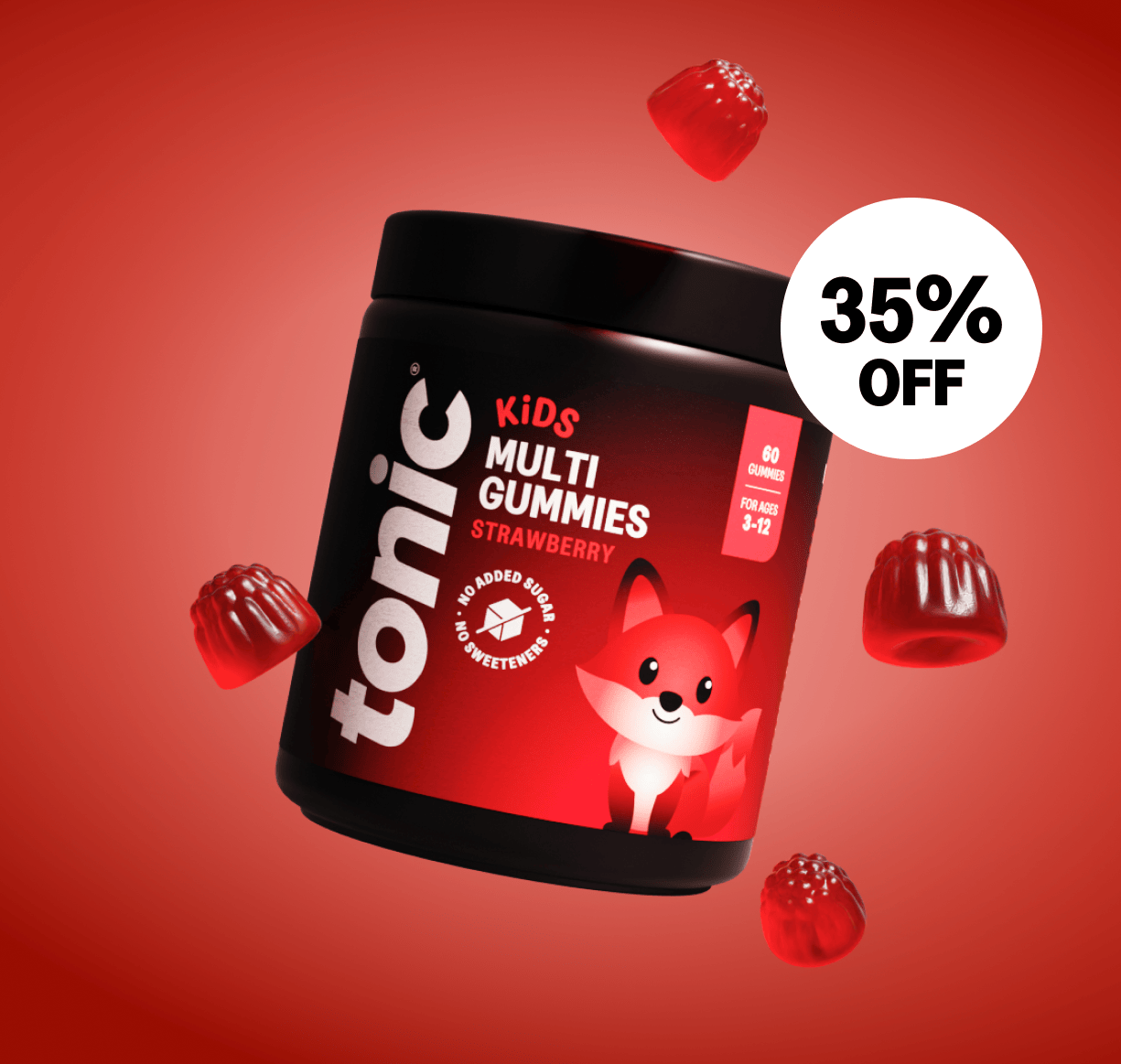Ask the Tonic Health Nutritionist Karen Newby: Can you eat your way to better immune health?
There’s a lot of discussion about immune food at the moment. I whole heartedly disagree with the British Dietetics Association which states “Simply put, you cannot “boost” your immune system through diet.” Well boost is the wrong word, as it suggests it might cause an over reactive immune system which we certainly don’t want (we basically want the immune system to ideally not really have anything to do!). But we can certainly give the immune system everything it needs to help it do its job in a balanced fashion. Even though nutrient dense foods might not stop you catching a cold or the flu, they can help lessen the symptoms (like the much researched vitamin C and the common cold).
The immune system is a huge and complex system that relies on certain nutrients to work well. We are one big chemical reaction after all and if we don’t have the right nutrients to hand the body starts to become out of balance. There’s a wealth of clinical data that shows that vitamins including vitamin A, B6, B12, C, D, E and folate along with trace elements including zinc, iron, selenium, magnesium and copper and the omega 3 fatty acids play an important and complementary role in supporting the immune system (1). The problem is that these nutrients are often low in our diets or depleted by our 24/7 lifestyle such as stress, sugar or alcohol. Zinc for example is a crucial nutrient for the immune system and is often low in our diets and depleted further with alcohol consumption.
Where can we find these all important nutrients and what is their role in the immune system?
- Vit C –we don’t store this vital vitamin and stress depletes it further so if you’re stressed out you need more of it on a daily basis! Foods include: kiwi, citrus fruits, peppers, garlic and green leafy veg. Remember veg is also a great source but just make sure you steam don’t boil because vit C is very unstable when heated.
- Vit A is a fat soluble vitamin which means you need some form of fatty food to aid its absorption into the body (other fat soluble vitamins include E, D and K). Really useful for the innate immune system in the mucosal linings of lungs, ears and nose. Dairy, liver, eggs or vegan sources such as the anti-oxidant beta carotene which converts to vitamin A in the body from brightly coloured fruits and veg.
- Vit E – another fat soluble vitamin which is a potent anti-oxidant and helps the body fight off infection. Found in nuts, seeds (especially sunflower) and green leafy veg.
- Vit D – best source is through sunshine or a supplement as only minimal levels found in food.
- B6 – chicken, oily fish, white fish, chickpeas (hummus) and green leafy veg.
- B12 – involved in white blood cell formation and is only found in animal products such as meat, fish and dairy or fortified breakfast cereals.
- Folate – green and leafy veg, pulses, eggs and fish.
- Iron – green leafy veg, brown rice, quinoa, lean meats, darker cuts of chicken and pulses.
- Copper – helps the body fight off invading bacteria. Copper rich foods are similar to zinc rich foods as they work in tandem at the body, which include liver (if you can stomach it!), oysters and other crustaceans, dark chocolate, spinach, shitake mushrooms and asparagus.
- Zinc–also needed for our sense of taste and smell. Sources: lean beef, dark chocolate, pumpkin seeds, sesame seeds, prawns and other crustaceans.
- Selenium- a potent antioxidant most richly found in brazil nuts, eggs, sardine and sunflowers seeds.
- Magnesium – needed for over 300 reactions in the body! Crucial for energy production and the immune system needs energy. Green leafy veg a great source along with brown rice, pulses, almond and avocados.
- Omega 3 – oily fish (choose small fish like trout, mackerel, sardines over tuna), nuts seeds and linseed oil for salad dressings.
- I’m also adding in turmeric and ginger known for their anti-inflammatory and anti-oxidant benefits.
Smoothie making is a great way of giving your body a hit of many of the above immune supporting micronutrients that you wouldn’t usually eat for example at breakfast. Here’s my go to immune support recipe:
1 carrot (beta carotene and vit C), 1 orange (vit C), squeeze of lemon (more vit C!) 1tsp grated ginger and ¼ teaspoon of turmeric (anti-inflammatory), ½ teaspoon of cinnamon, 1 cup of almond or oat milk.
Soups are always my go to immune support foods, great for if you’re ill too as they’re so easy to digest and create heat in the body which helps burn off pathogens. This wonderfully warming soup from Amelia Freer combines vit c and beta carotene rich carrots with anti-bacterial garlic and warming turmeric: https://ameliafreer.com/portfolio/carrot-turmeric-soup/
- Optimal Nutritional Status for a Well-Functioning Immune System Is an Important Factor to Protect against Viral Infections https://pubmed.ncbi.nlm.nih.gov/32340216/







Leave a comment
All comments are moderated before being published.
This site is protected by hCaptcha and the hCaptcha Privacy Policy and Terms of Service apply.